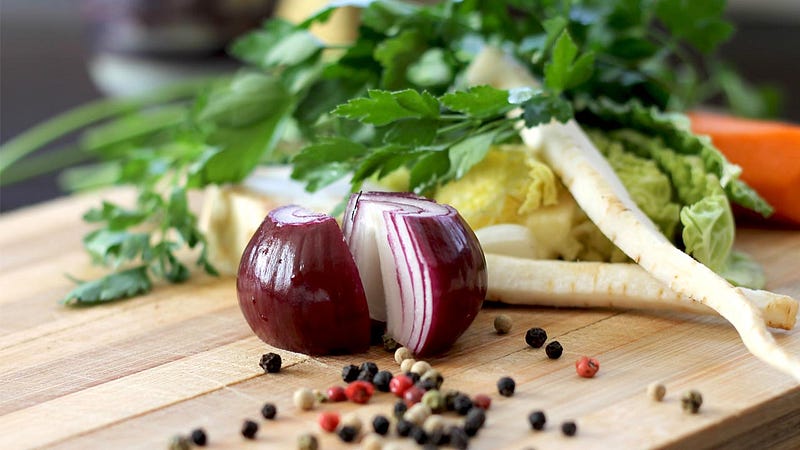Here at One Month we’re always trying to learn new things. After watching the documentary Trashed, we started thinking about composting. Last month, for 30 days, we asked ourselves: could we compost every day in the office, and afterward would the habit stick?
What is composting?
Compost is organic matter that has decomposed and can be recycled as a fertilizer. The idea is simple: put your leftover fruit, veggies, bread and other kitchen trash (see below) into a compost pile. Keep it moist, and turn it periodically to allow air to circulate into the compost pile. Wait a few months, and it turns into nutrient-rich soil.
Why compost?
- Composting is healthy for the planet.
- It saves tons of trash.
- The soil from composting is in demand for growing healthy new plants
- It acts as a natural pesticide
- It’s useful for erosion control, land and stream reclamation, wetland construction, and as landfill cover.
- It can be used to produce biogas, a renewable energy source with a small carbon footprint.

What can you compost?
All of the following can be composted. One important thing to consider is that they must be raw and can’t be mixed together with oils, fats, or dairy.
- Fruits
- Vegetables
- Bread
- Rice
- Tea bags
- Coffee grounds

What can’t be composted?
There’s practically no fruit, vegetable, or meat product that can’t be composted, but some materials are likely to produce unpleasant odors, attract vermin, or take an extra-special long time to break down. And of course, plastics and metals don’t decompose. So unless you’re really hardcore, you might want to avoid these items:
- Meat
- Oils
- Dairy
- Bone
- Plastic
- Metal
How do you compost in the office?
Here at One Month we used our freezer, and then we would bring it to the local NYC compost dropoff once a month!
A freezer is a good place to put your compost, as opposed to just a bag because in the freezer it won’t rot.

The Best Composting Tips
This guy explains composting like a boss.
If you’re looking to get started, you can visit the US Composting Council site to find your local composting drop-off: http://compostingcouncil.org/state-compost-regulations-map/
Nearly everyone on the planet knows that vegetables are healthy. But how many people are eating broccoli for lunch? It’s not enough to know something, you also need clarity. What about setting a lofty goal like: “I want to reduce pollution?” But where to start?
Tips and facts about composting:
- Composting prevents pollution.
- Composting reduces global warming by reducing the trash in landfills
- If everyone composted it would be the equivalent of removing 7.8 million passenger cars from the road.
- Compost helps clean up contaminated soil
How to form a composting habit?
“If you want people to change, you don’t ask [people] to act healthier”, says Chip Heath in Switch. What that means, is if you want to be healthier you need to give yourself clear instructions on how to act, for example, “Next time you’re in the dairy aisle of the grocery store, reach for a jug of 1% milk instead of whole milk.”
So we did just that. Instead of saying “let’s help reduce pollution this month” we gave clear instruction for our One Month Challenge,
“Every time you eat a piece of fruit, vegetables, or bread… throw it in the freezer bucket instead of the trash”.
The directions were crystal-clear and the best part was that the results were visual: at the end of every day, the pile of compost grew. (And conversely, the trash cans were less smelly and didn’t have to go out as often). As a group, we collectively saved 40 pounds of trash by composting. Here at One Month we also love metrics, so we made this Google Doc in order to measure our progress.